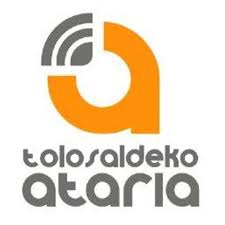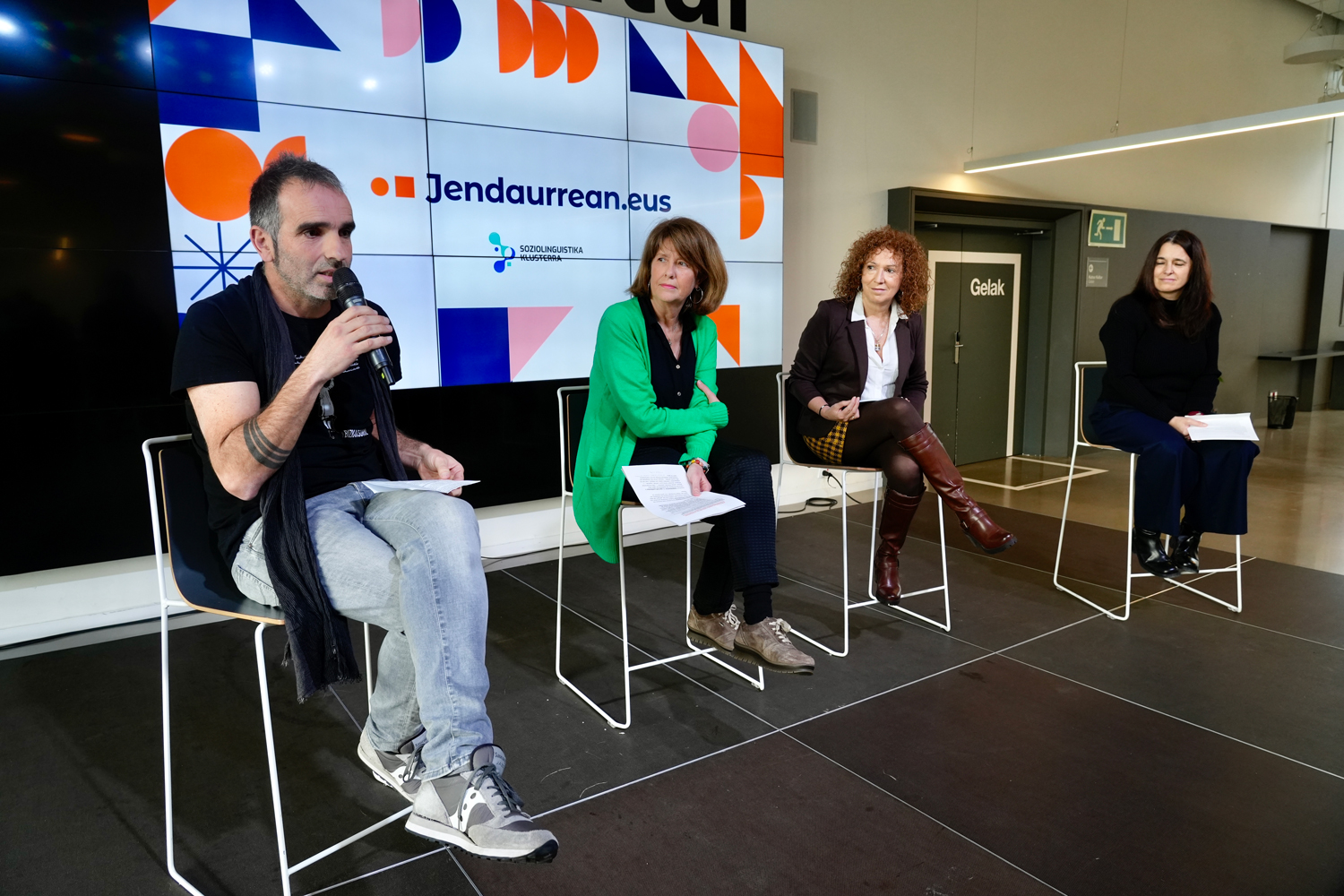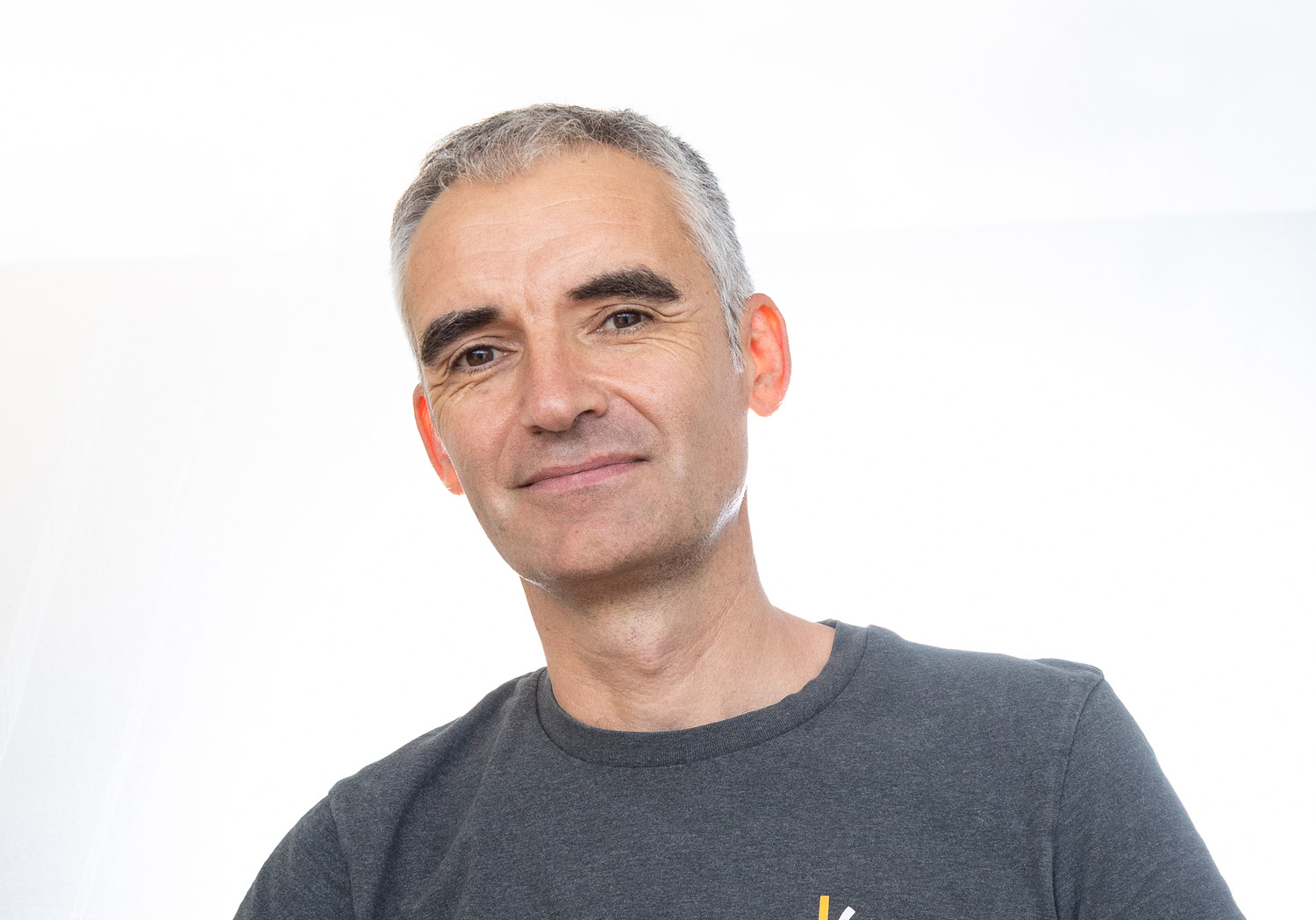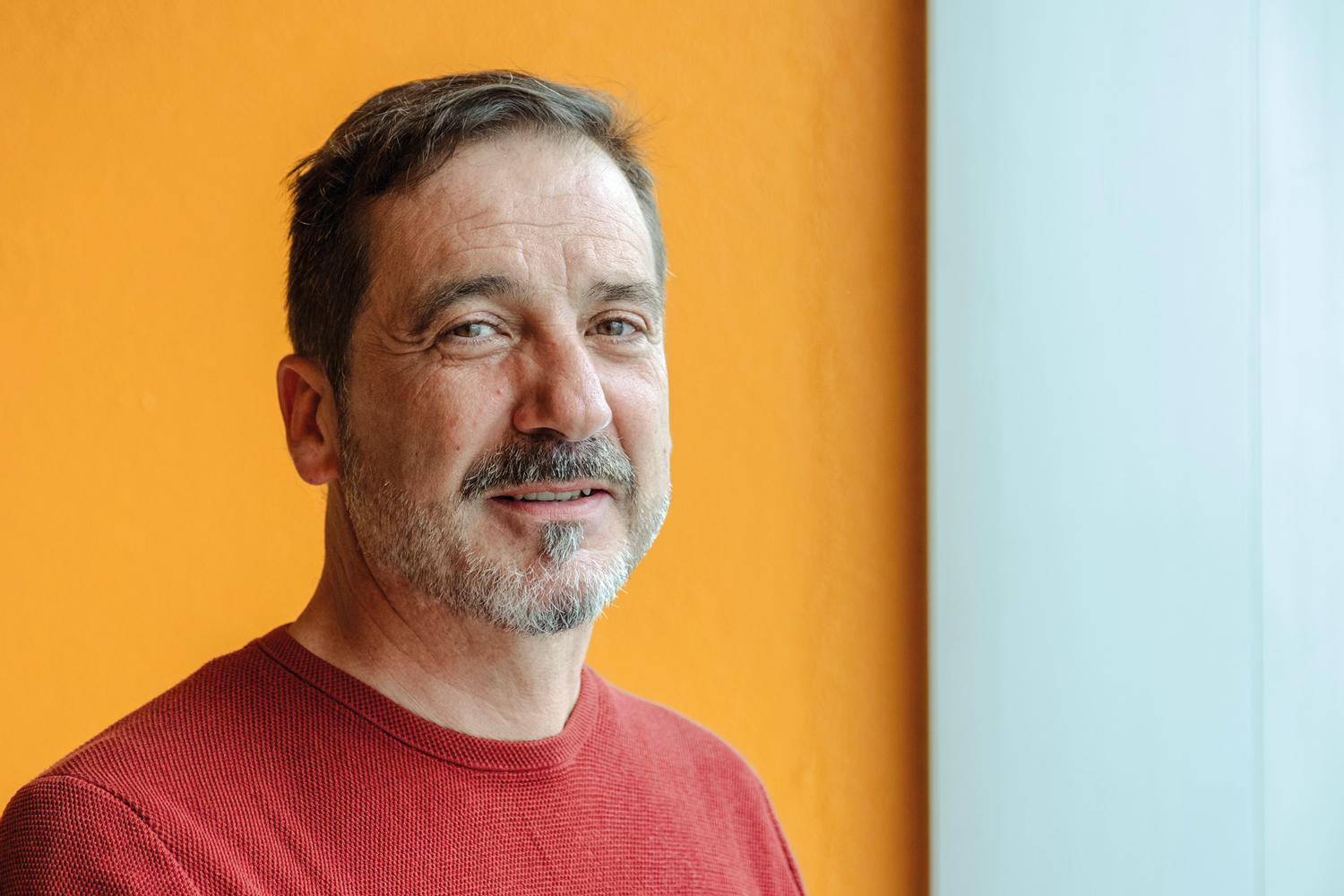According to Galtzaundi, more Basque has been heard in the streets of Tolosa than in Spanish, "for the first time in 100 years"
- Recently, the results of the measurement of the use of languages in Tolosa carried out last year have been presented. According to the data obtained, the use of Euskera in the streets stands at 49.1%.

Since 1985, the use of languages in Tolosa has been measured each year. The Basque Group Galtzaundi and the Town Hall of Tolosa have recently presented the results of the measurement of the streets of Tolosa 2019. On this occasion, 3,246 interviews and 8,647 speakers were collected. ‘The large volume of data received makes it possible to guarantee conditions of statistical reliability’, according to Galtzaundi.
The measurement of the street last year has left a significant result: the use of Euskera in the street (49.1%) has been recorded above Castilian (48.5%), that is, more Euskera has been heard than Castilian in the streets of Tolosa. Well, it's the first time in a century. “It is known that street measurement is carried out in Tolosa from 1985 onwards, but we have evidence that this has been the case for the first time in a hundred years,” said Galtzaundi.
Post-war witnesses have acknowledged that Euskera heard very little in the streets of Tolosa at that time. From then until 1985, the presence of the Basque people was very scarce. “There are many testimonies of tolosarras gathered in several books and in the Ahotsak project, which collects the oral legacy, and in all of them it is emphasized that in the years before the war the Basque Country had hardly any presence in the streets of Tolosa”.
There are also testimonies of the pre-war situation. “One of the most significant is the information page of 1921 on the creation of the Ikastola in Plaza Gorriti. With the title “Do you love the Basque Country?”, it is mentioned that among those under fifteen years of age the Basque was no longer heard: “What if you like the Basque Country, you have not stopped palpating the tears, in the street of Toulouse, in a few years’ time, seeing the trend that the Basque country is leading towards him?... On the street of Toulouse the Basque from the first swords. We could conclude, therefore, that Castilian was already dominant among the tolosarras; the post-war linguistic practices corroborate this».
Youth, from bottom to top
Once accurate diagnosis of use has been made, some main conclusions have been drawn. The use of Euskera on the street has been reaffirmed at 20 points in Tolosa in the last 34 years. In 1985, it stood at 29 per cent, compared with 49.1 per cent in the previous year. It should be noted that, in 1981, 51% of the population of Tolosa was Euskaldun. In 2016, for its part, they stood at 71%. Therefore, it not only increased in street use, but also in knowledge, in 35 years.
The study carried out contains many details. Thus, there are significant differences between the different age groups. Since 1985, the classification of the use of Euskera between generations has changed radically. Young people have gone from being the last to the second. 34 years ago, adults were the ones who spoke the most Basque on the street; now, it is the younger generations that use the Basque language the most.
Today, 70% of children speak in Basque in the streets of Tolosa. 63% of young people, 57% of young adults, 44% of older adults and 29% of older adults. “In this evolution, the difference between those over 35 and those under age stands out: Under 35 years of age, 65% use has been recorded and 39% use has been measured over 35 years of age."
In the first measured years, the use of children experienced a large increase. In recent years, however, there has been a decline in price increases. Since 2014, the decline in the use of older people has experienced stagnation, which occurs for the first time since the 1990s.
“The presence of children has much to say in the use of Euskera in the street,” they have pointed out from Galtzaundi. The highest usage data (80%) are recorded when children and adults are together and when children are involved in the conversation. The lowest, however, occur when adults are not up to children (36%). ‘In the case of the elderly, the mere presence of children raises the use to 57%’, they stress from the association.
Successful teamwork
Since Galtzaundi they have stated that the evolution of the results of the street measurements of Tolosa is "of great importance" for the analysis of the presence of the tongue in the street. ‘Beyond the annual results, developments allow a reliable analysis of the situation. Behind the revival of recent years is the work of the citizens who have done their bit differently’.
In this 34 year evolution, it is considered that the implementation of model D in all educational centers in the city has a "special relevance". “Behind this change, besides the educational centers, are the Basque parents, erdaldun and teachers who have opted for this model, as well as all those who have tried to normalize the use of Euskera in leisure and extra-school activities around young people. Of course, both the students who at one time in the night classes, and later in the Euskaltegis, have made an effort of Euskaldunization as the professors who have worked on it. This achievement is also a result of the efforts made by the tolosarras in the Basque Country.”
On the other hand, they have recognized that the work carried out by the City of Tolosa and especially by the Euskera commission and the municipal service of Euskera is part of this achievement. “Since its implementation, the measures taken and the projects developed in favour of the Basque Country have provided an important boost to the language, together with the involvement of the other institutions”.
In addition, the Basque media created since the 1990s are also considered as strong points of evolution. “The Basques have opened the doors for us to learn about the environment and the world in Euskera, and those who have taken steps in favour of Euskera both in trade and in the world of work have also made it possible to guarantee Euskera in more areas of our lives.” "It is a collective achievement that significantly increases the presence of the Basque Country in the streets of Tolosa", concluded from the Basque group. “It is the result of the work of groups, associations, social movements, creators and people and Euskaltzales who have taken firm steps in favour of the Basque Country. And the final results show how important the participation of all the actors and individuals who have participated in this achievement has been.”
The Basque Country, the engine of life
The City of Tolosa, for its part, will continue to strengthen and value the identity of the Basque Country, “taking steps to promote the use of the Basque Country in the street and at home, so that Tolosa is the center of inspiration for the Basque Country”. The new Basque Decree approved last year, in addition to allowing the operation of the City Hall in Euskera, prioritizes the use of Euskera and protects the linguistic rights of citizenship, with the aim of boosting the use of Euskera both in the workplace and in the time of relationship with citizenship.
Looking to the future, they consider that it will be “essential” to work new paths to “influence the linguistic habits of citizens, both in the private and in the public sphere, so that the Basque Country is the engine of our life. It will therefore be essential to further develop effective language policies and initiatives in different areas."
Plazara, AEK, Uda Leku, Dindaia eta Ebete antolakundeak Baionan elkartu dira Famili'on egonaldi ibiltariaren lehen edizioa aurkezteko. Hizkuntza mailaren arabera eskaintza bat edo beste egongo da eta haur zein gurasoentzat izango da udaberrian.
I think it will have to do with the hangover of the profession, but I have to acknowledge that I look at the linguistic landscape of the places I visit. Signs that stick on the walls, hanging from streetlights, billboards, and supports that appear in shops or companies (signs,... [+]






















